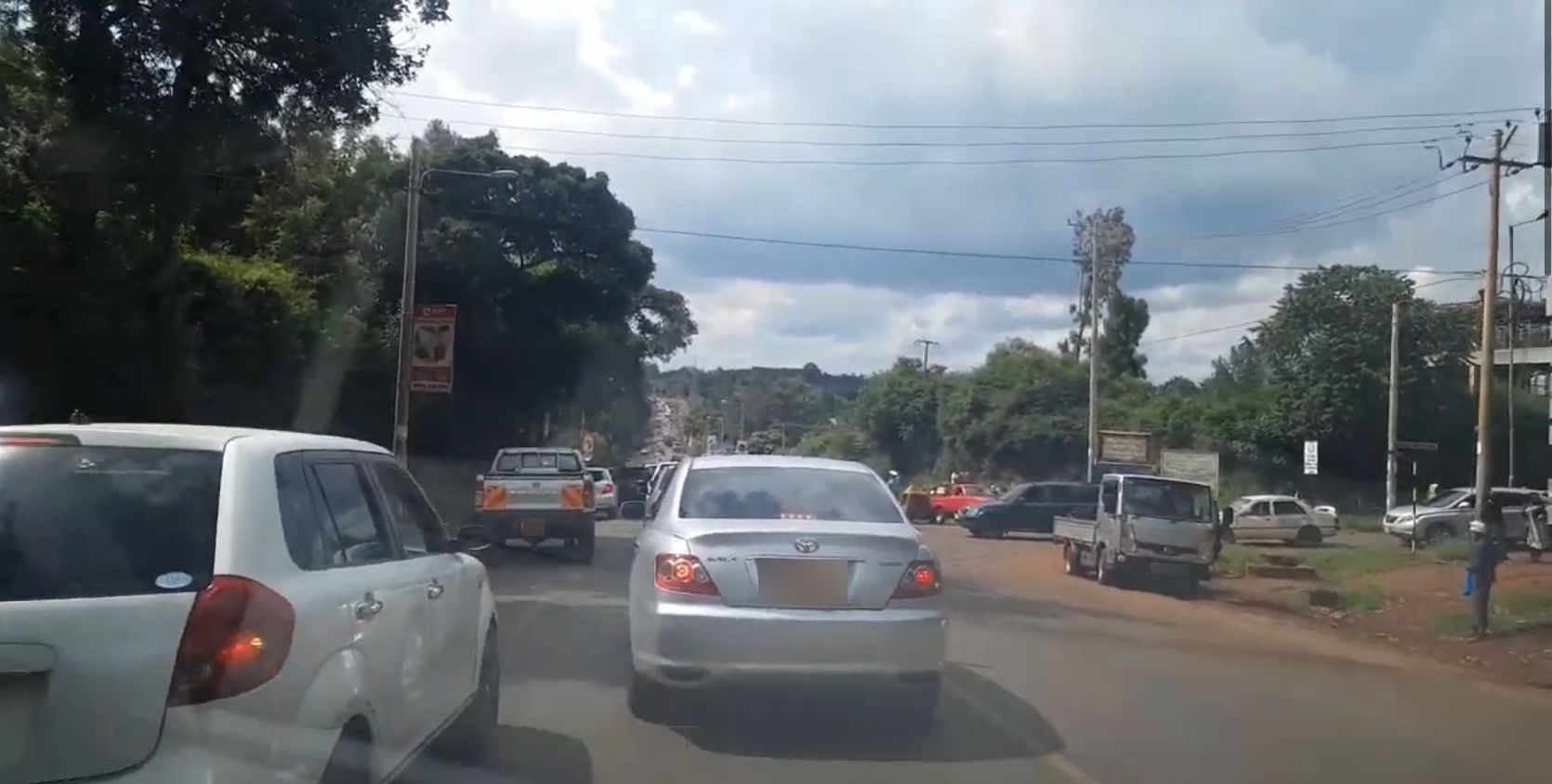A total of 58 savings and credit cooperatives across Kenya could soon have their assets seized and auctioned after defaulting on loans worth Sh1.36 billion taken from the Kenya Union of Savings and Credit Co-operatives (KUSCCO).
The SACCOs, which used deposits valued at Sh368.39 million as security for the loans, now face a shortfall of nearly Sh987.86 million.
Notices issued to the defaulters require them to either pay up or present an acceptable repayment proposal within two weeks.
The notices state that “failure to comply would result in asset auctions and the freezing of the SACCOs' accounts.”
Among those on the list are both major SACCOs and smaller community-based cooperatives. One of the largest defaulters reportedly owes Sh377.5 million.
Read More
Others on the list include SACCOs located in Lamu, Migori and Malindi, pointing to the countrywide impact of the crisis.
This wave of defaults has been attributed to the financial collapse of KUSCCO itself, which is now at the centre of a high-profile financial misconduct investigation.
A forensic audit by PricewaterhouseCoopers (PwC) uncovered a scheme where KUSCCO officials are said to have “forged the signature of a deceased auditor to authorise manipulated financial statements,” putting an estimated Sh13.3 billion in member deposits at risk.
Earlier this year, the Sacco Societies Regulatory Authority (SASRA) expressed concern that critical delays in policy reform allowed the situation at KUSCCO to spiral.
The regulator said, “its members have lost Sh14 billion, which could have been stopped nearly three years ago,” attributing the losses to “disparities in policy and the slow pace of developing new policies.”
According to SASRA, over 200 SACCOs have seen their core capital shrink by at least 10 per cent due to the fallout.
In an effort to recover part of the lost funds, KUSCCO began auctioning off assets in May 2025.
The properties on sale include residential buildings, commercial premises, and plots of land which had been pledged as collateral by the borrowing SACCOs.
The process forms part of a wider government-supported plan to recover and redistribute lost funds to the affected cooperatives.
The government has since taken steps to strengthen oversight of the cooperative sector.
In May, two new governance frameworks were announced, and the Co-operatives and MSMEs Development CS Wycliffe Oparanya established a five-person Committee of Experts to review the SACCO Societies Act of 2008.
The law, according to the ministry, is no longer adequate to meet current governance and regulatory needs.
The auction process and debt crisis now threaten the operational capacity of dozens of SACCOs, with thousands of members potentially affected.
The events have placed new urgency on long-awaited reforms intended to safeguard the country’s cooperative system from future collapse.


-1753218510.jpg)
-1745263711.jpg)


